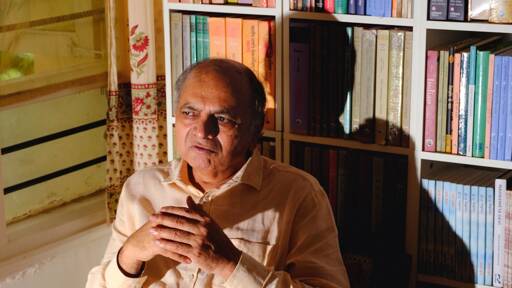Betteridge’s law of headlines strikes again
Fuck no.
So many regional languages suppressed by the Franco regime in Spain it’s amazing how in less than 50 years they’ve come back and are actively embraced by the younger generation. I appreciate the diversity even though my lizard brain won’t let me learn it.
What’s the maximum number of first-class-official languages that are usable for all official use and actually equal in stature?
- Belgium has French and Flemish, though they’re essentially partitioned by region (i.e. in practice, you can’t rely on Flemish in Wallonia or French in Flanders). The language blocs have their own separate political parties and everything, and have the bare minimum amount to do with each other, like a divorced couple who can’t afford to move.
- The UK recognises Welsh and Scottish Gaelic, though they’re only used in their geographic areas (and even there, you get periodic cockups like some monolingual anglophone pasting a Google Translate error into the Welsh part of a sign).
- Ireland seems to be making a reasonable fist of having English and Irish; most business is conducted in English, though pretty much every Irish citizen learns Irish in school and spends a few months in the gaeltacht where English is not spoken, so I’d venture that the sorts of errors seen in Wales wouldn’t occur there.
- Sweden, meanwhile, has five official languages you can conduct any official business in; they include Sami, Yiddish and Romani, though not English, which almost everyone of working age speaks to a reasonable level. I imagine that dealing with the government in English would probably be easier than doing so in Romani, if those were your two choices.
- Not sure about Canada and Switzerland, but I get the impression that they’re geographically partitioned, if perhaps not as much as Belgium. In Canada, packaging seems to be bilingual by law, though Québec is aggressively francophone, with STOP signs reading ARRÉT and bans on English-language signage, whereas elsewhere, everyone speaks English. In Switzerland, meanwhile, there’s a sharp line between the French and German-speaking parts, which is sometimes called the “Rösti ditch”, and the Alps divide the German- and Italian-speaking parts. Meanwhile, more people primarily speak English than the fourth official language, Rhaeto-Romansch.
So from the above, I’m guessing that after about two languages at most, the country partitions into language regions which develop their own cultures, and ultimately economies and political orders.
Your dataset is a bit biased towards countries of the Global North.
South Africa for example has 12 official languages.
Senegal has French as official language, but very few actually understand it.
The EU is not a country, but it has a parliament with most languages being live-translated.





